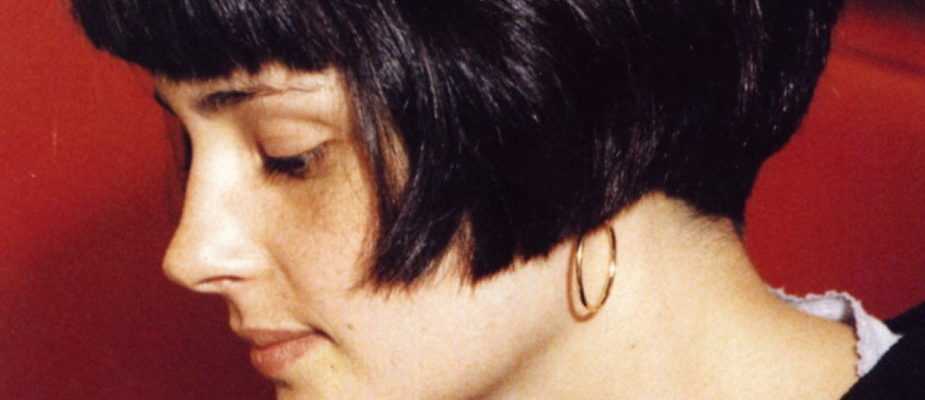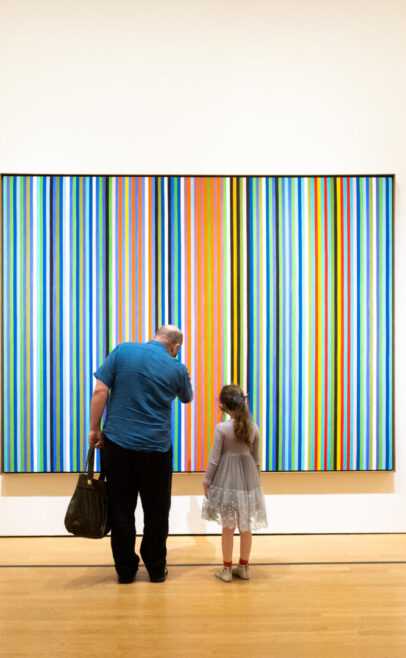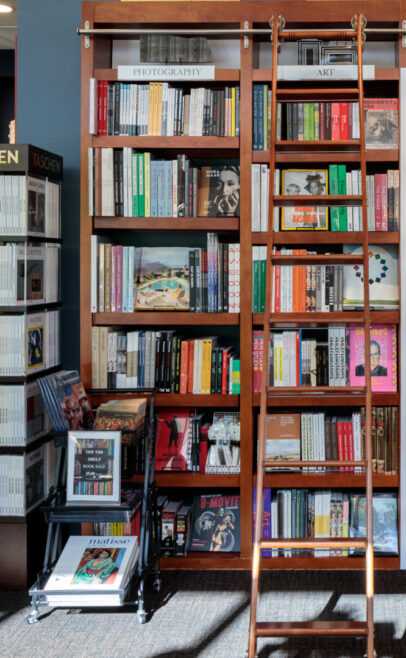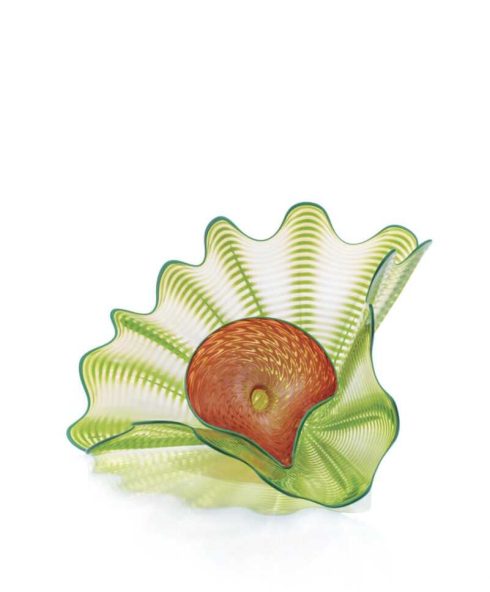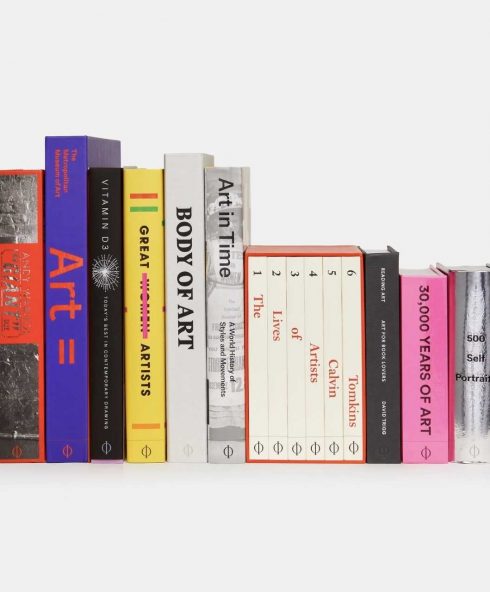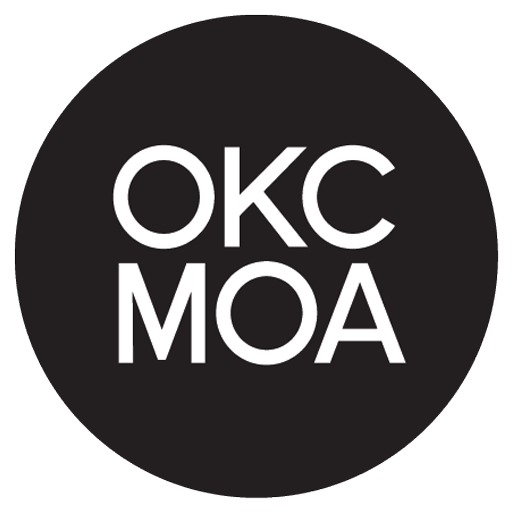In 1979, French filmmaker Philippe Garrel (b.: 1948) turned to a new form of autobiography. Following the political and cultural upheavals of the May ’68 protests, which he filmed in the recently discovered Actua 1 (1968), and a decade spent with legendary Velvet Underground collaborator and Warhol superstar, Nico, Garrel embarked on the new, more memoiristic mode of personal expression that he continues to pursue almost forty years later. L’enfant secret (The Secret Child, 1979), however, remains a work of transition, marking a series of new beginnings that also came with the end of his long relationship with Nico, of a decade experienced in a sort of psychotropic haze, and the profoundly avant-garde practice that would soon give way to more conventional storytelling. What is perhaps most invigorating about L’enfant secret, reading the film in the light of his later work, is the degree to which we see so many of his later autobiographical concerns, within a ragged, fragmented—and indeed, experimental—form that does not yet bear the clear signature of his later style. L’enfant secret neither speaks in the same high language of metaphor as The Inner Scar (1972) nor does it partake in the crystalline images and cleaner editing of his post-1990 body of work.
The figure that does appear most conspicuously in Garrel’s filmmaking is that of Jean-Luc Godard (Breathless, Contempt), both in a film language and discourse that unfailingly points to the process of its own creation, to the fact that the film you are watching is being made, assembled and constructed by the artist; and by the presence of Godard’s ex-wife, Anne Wiazemsky (Au hasard Balthazar, La Chinoise), whose relationship with the nouvelle vague director—like Garrel’s with Nico—officially ended that same year. In L’enfant secret, Wiazemsky stars as Elie, the film’s unmistakable, wearied Nico surrogate: Elie is an actress, a single mother (who eventually will be separated from her child, much like the German singer), she is romantically involved with her director, and she falls deeper into a serious substance abuse problem. Her partner, Jean-Baptise (Henri de Maublanc), is subjected to shock therapy—an experience that Jean-Baptiste shared with his director, and which Garrel later references in his striking La vent de la nuit (1999), for example—and survives a suicide attempt, as will two of his later characters, played by his son real-life Louis in Jealousy (2013) and real-life daughter Esther in Lover for a Day (2017), respectively. The point is that Garrel is already building an autobiographical narrative universe in L’enfant secret, one that he will return to time and again (with Philippe and Nico surrogates throughout) over the course of the next thirty-eight years and counting.
If Wiazemsky’s performance mostly acts as a reference to the films and person of Godard, as a signpost so to speak, Garrel’s film nonetheless maintains a deeper, more integral sympathy on the level of its form. Opening with a clapperboard, Garrel’s film and his film-within-the-film cohabit the same narrative space, materializing in a film, once again, that consistently calls attention not only to the fact that it has been made, but to the process of its making, of its being assembled out of disparate parts, footage, even stills. For this writer, L’enfant secret resembles nothing so much as it does a series of film rushes or dailies (the raw unedited footage that will be cut and combined to create the final product). The film’s departures from chronology and its conspicuous repetitions both reinforce this feeling—of a film that has not yet resolved itself into its finished form—as do the muddy, extremely low-resolution black-and-white images that serve the director’s formally adventurous impulse. Suffice it to say that Garrel has always been a ‘no’ budget filmmaker throughout his career, going so far as to purchase scraps of 35mm from larger productions to make his own far more intimate, and experimental corpus.
This is not to say that L’enfant secret does not contain powerful, almost silent cinema-style individual images and passages, nor that its low-res experimentation is without an explanation beyond the resources and circumstances of production—and of course the influence of Godard (who likewise found his own freedom in the relative low cost of many of his films). Garrel’s transitional foray into the narrative space of autobiography, made around the same time that Godard was about to revitalize his career with Every Man for Himself (1980), grafts its self-reflexive de-composition of film form with the logic of memory (it is by no means accidental that Elie’s son, Swann, takes his name from Proust), and jumbled post-electroshock comprehension, to create a film that thinks like it looks. The cultural and mental haze from which L’enfant secret is emerging has not yet completely dissipated in this decisive turning point for the director.
***
Debuting in Venice a dozen years after L’enfant secret received its world premiere, Garrel dedicated his similarly autobiographical J’entends plus la guitare (I Can No Longer Hear the Guitar, 1991) to the same female subject of the earlier film, Nico, after the actress and singer passed away at age 49 in 1988. J’entends plus la guitare concludes with its German-born heroine Marianne’s (Johanna ter Steege) death, following the long arc of her relationship with Garrel surrogate, Gerard (Benoît Régent), and years after the two part company; Marianne never manages to escape addiction, while Gerard simply can’t manage to be faithful, even after he marries and fathers his first child. That J’entends plus la guitare features the director’s then wife and mother of his children, Brigitte Sy, essentially as herself, only reinforces the emotional stakes of this latter-day Nico portrait: through Gerard, we get the picture of a man who has never fallen out of love with his troubled ex, and who again strays romantically. Fictionalized though it is, J’entends plus la guitare is a work of deeply self-critical autobiography.
Visually, color marks the biggest departure from the earlier film, while the director’s more measured long-take close-ups suggest the actorly aesthetic that will come to describe his subsequent corpus—a cinema that though still experimental, feels far less avant-garde. Where J’entends plus la guitare retains most of its formal invention is in the director’s handling of time, which in this case moves briskly forward, always ahead and often skipping over long, unmarked intervals. J’entends plus la guitare eloquently expresses the mortality that exists at the film’s core, of an always and inevitably advancing time that will witness the many of the most important moments in Garrel’s life: the disappointments of the May ’68 generation, the end of Gerard and Marianne’s affair, and ultimately the latter’s (and of course, Nico’s) life.
***
As a generational portrait, not to mention as an inscription of conspicuous temporal passage—though time will move slower rather than faster in the later film—J’entends plus la guitare gestures toward the director’s epic, twenty-first century masterwork, Regular Lovers (2005), which fictionalizes Garrel’s own experience of the May ’68 protests and their disappointing aftermath. Autobiography remains the director’s narrative mode of choice, and sumptuous black-and-white, his visual language in Regular Lovers, which stars he and Sy’s son, Louis Garrel (previously the star of Bernardo Bertolucci’s May ’68 film The Dreamers; Regular Lovers has been interpreted as a riposte to the Italian director’s 2003 film). The these same two qualities guide the concluding film in “The Autobiographical Cinema of Philippe Garrel,” 2017’s slim Lover for a Day, a film that was co-scripted by the director’s much younger wife, Caroline Deruas-Garrel, about a short term cohabitation between a twenty-something, her much older professor lover, and the latter’s daughter, played by Esther Garrel. If not outright autobiography—and naturally I have no place to say—at the very least Garrel is continuing to build a cinematic world that hews closely to his everyday reality.
“The Autobiographical Cinema of Philippe Garrel” opens with L’enfant secret, in a rare stop on its premiere US theatrical run, this Thursday, January 4, at 8:00 pm. The program continues with J’entends plus guitare, on 35mm, the following Thursday, January 11, at 8 pm. On Thursday, January 18 at 7:00 pm, Museum Films will present the director’s American breakthrough, Regular Lovers, along with the ultra-rare Actua 1, both on 35mm. And finally, the program closes with the director’s most recent peak, Lover for a Day, which plays twice January 26-27, at 5:30 and 8 pm respectively.
